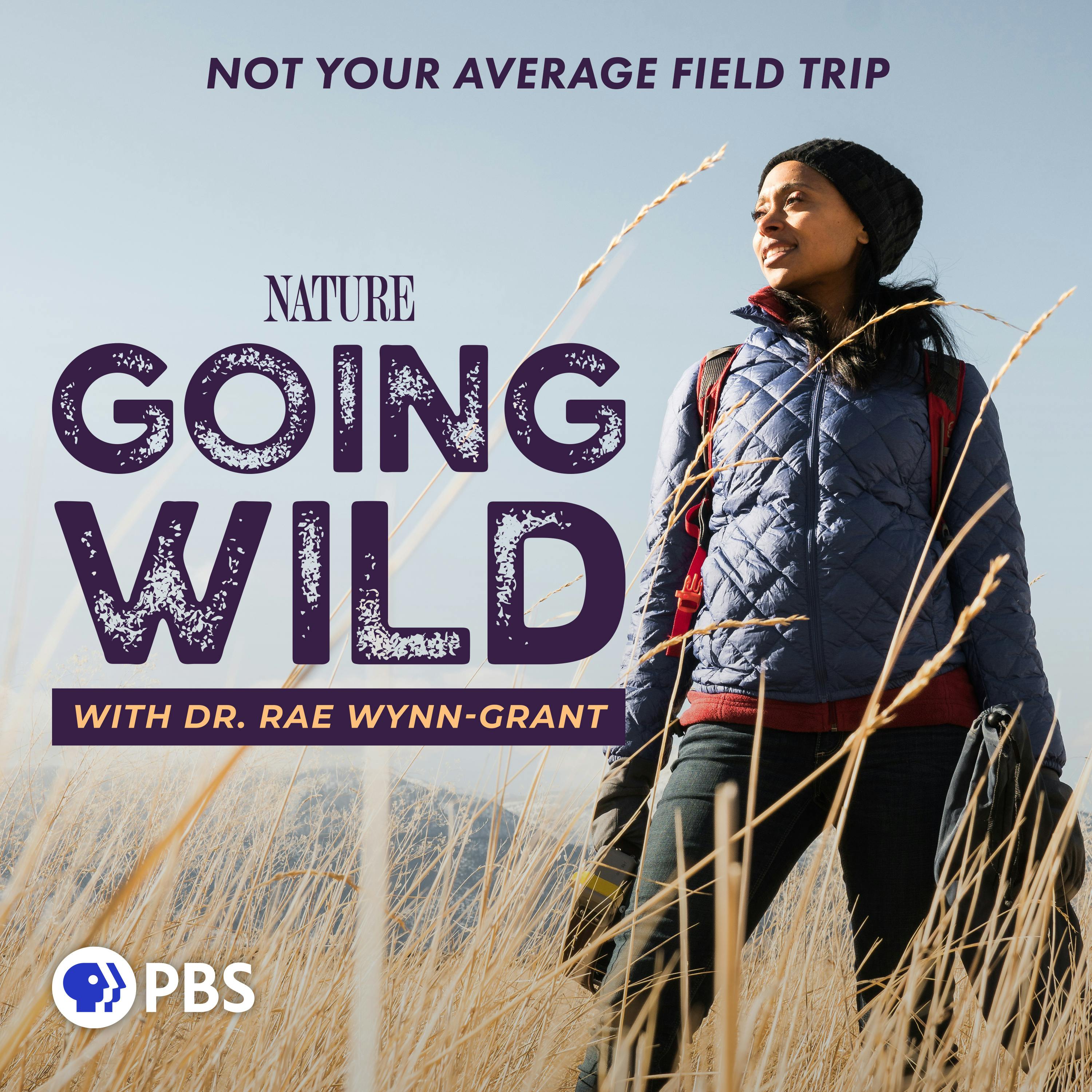The Untold Story of California's Mighty Predator
Description
In a city that loves celebrities, one mountain lion became the mascot for conservation efforts that eventually led to the creation of California’s first wildlife corridor. But one wildlife corridor, even if it’s the largest in the world, isn’t enough.
Some populations of mountain lions in Southern California are struggling to survive — threatened by habitat loss caused by urban developments, lack of genetic diversity, and vehicle collisions.
As wildlife conservationists are working to save these endangered mountain lion populations, another debate is ensuing over how to include indigenous perspectives in the conservation efforts. Because mountain lions aren’t the only native beings struggling to survive in a world with an unchecked appetite for sprawl and urbanization.
Follow Desireé Reneé Martinez, Tongva Tribal Archaeologist and the President of Cogstone Resource Management on Facebook and LinkedIn and follow Miguel Ordeñana, Natural History Museum wildlife biologist, and environmental educator on Instagram.
Photo credit for Miguel's episode art: Noé Montes / High Country News.
Thanks for listening to Going Wild. We're really excited to share the rest of this season with you! You can learn more about season three HERE and catch up on seasons one and two HERE.
If you want to support us, you can follow Going Wild on your favorite podcast-listening app. And while you're there, please leave us a review. It really helps.
You can also get updates and bonus content by following me, Dr. Rae Wynn-Grant, and PBS Nature on Instagram, TikTok, Twitter, and Facebook. You can find more information on all of our guests this season in each episode's show notes. And you can catch new episodes of Nature, Wednesdays at 8/7 Central on PBS, pbs.org/nature, and the PBS app.
Going Wild is a podcast by PBS Nature. NATURE is an award-winning series created by The WNET Group and made possible by all of you.
Views and opinions expressed during the podcast are those of the individuals expressing them and do not necessarily reflect those of THIRTEEN Productions LLC/The WNET Group.
More Episodes
Published 10/10/23
As a climate solutions advocate, Dr. Ayana Elizabeth Johnson is often asked “What are some small things people can do to reduce climate change that don’t require sacrifices?” But the truth is electric cars and solar panels won’t be enough. Climate success will require us to change our...
Published 10/10/23
In 2016, Hurricane Earl devastated Belize, causing over $100 million worth of damage and displacing thousands of Belizeans across the country. But humans were not the only victims of the storm. Deep in the mangroves, an infant manatee was separated from her mother and washed onto the mainland....
Published 09/26/23


